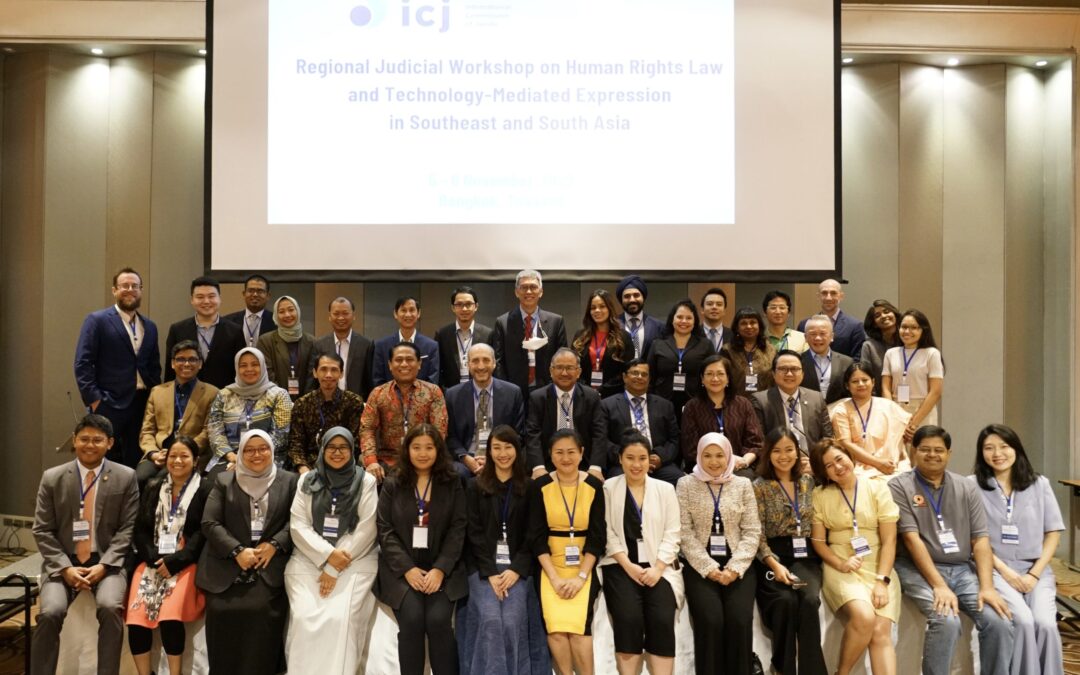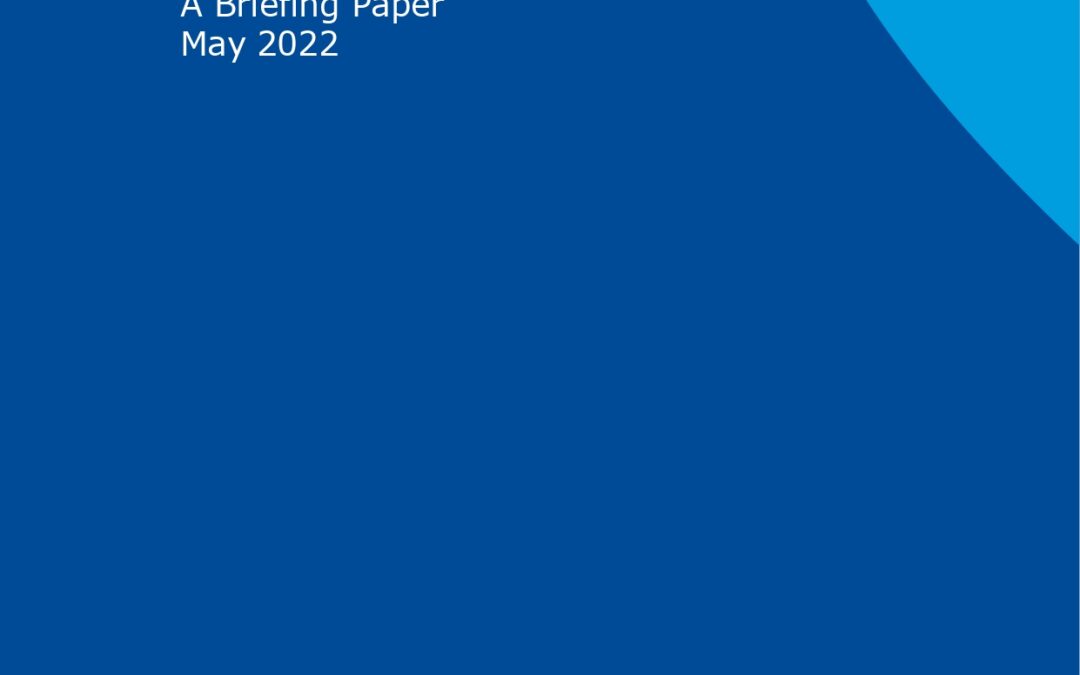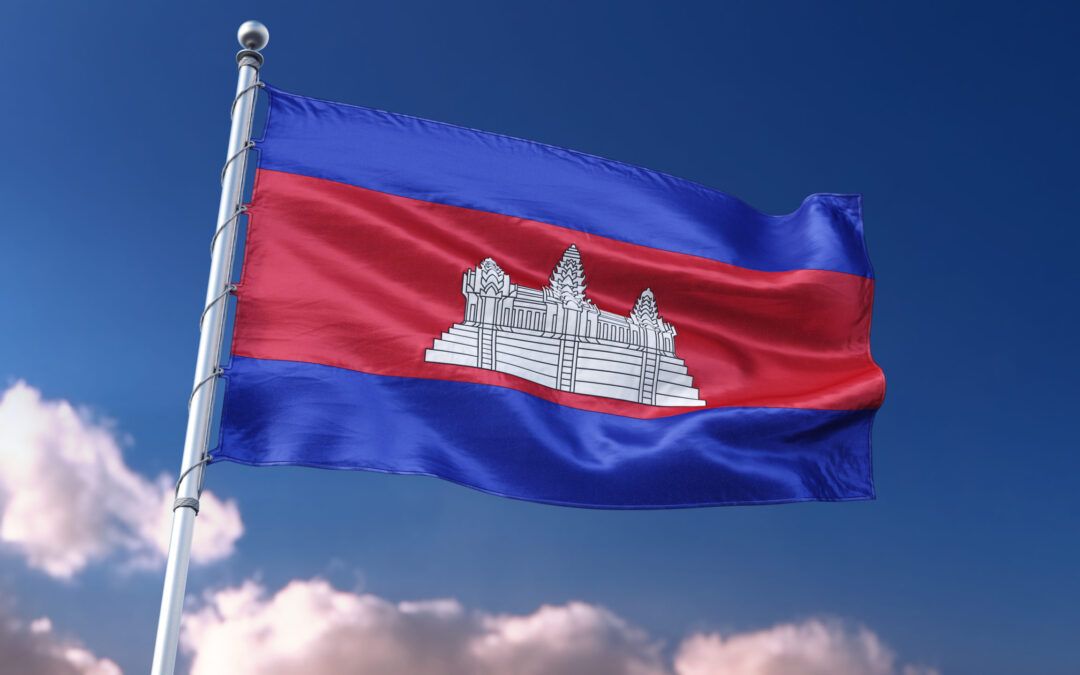
Dec 15, 2022 | Advocacy, News
The Thai authorities must repeal a new regulation allowing the Thai government to force online service providers and social media platforms to take down certain content without a court order, said Access Now, ARTICLE 19, and the International Commission of Jurists (ICJ) in a joint statement today.

Nov 15, 2022 | Events, News
The International Commission of Jurists (ICJ) convened its inaugural regional judicial workshop on digital rights for 28 justice sector actors from eight countries in Southeast and South Asia to discuss responses to the most salient digital rights challenges in the region on 5 – 6 November.
href=”https://icj2.wpenginepowered.com/wp-content/uploads/2022/01/ICJ_PhilippinesRedTagging_270122.pdf”>the Philippines.

Sep 20, 2022 | News
The new Decree 2022-54, promulgated by President Saied on Tuesday13 September 2022, without any consultation or public debate, threatens the right to freedom of expression and privacy in Tunisia and must be immediately revoked, the International Commission of Jurists (ICJ) said today.

May 27, 2022 | News, Publications
In a briefing paper released today, the International Commission of Jurists points out that, “while new digital technology may be helpful for the protection of human rights, it also carries real and potential negative impact on the enjoyment of human rights”. This paper aims to contribute to the understanding of the international human rights legal framework applicable to the design, development and use of new digital technologies.

May 16, 2022 | News
The International Commission of Jurists (ICJ) and 31 other human rights organizations call on the Cambodian authorities to revoke the Sub-Decree on the Establishment of the National Internet Gateway (NIG), three months after its intended implementation date.









